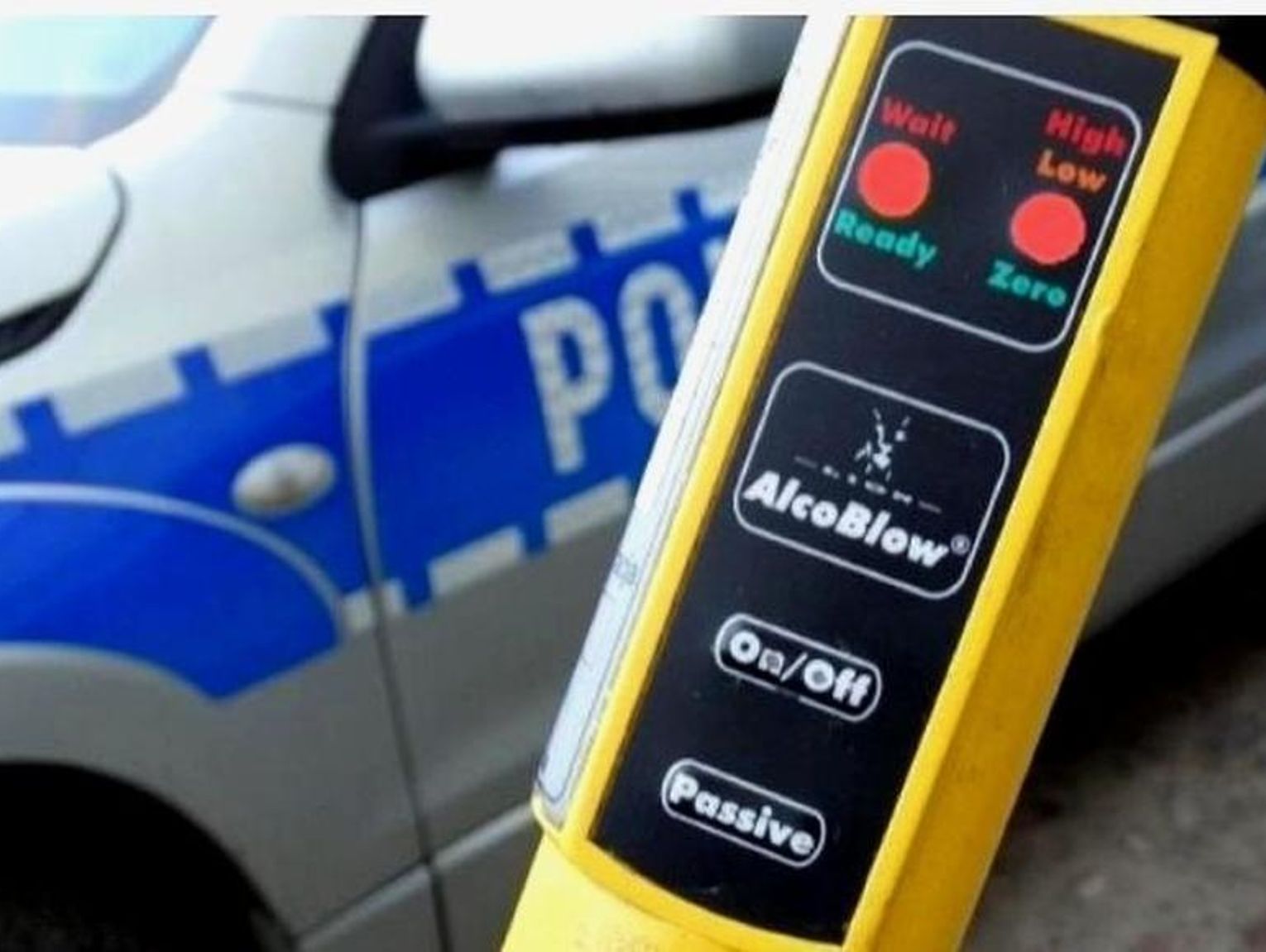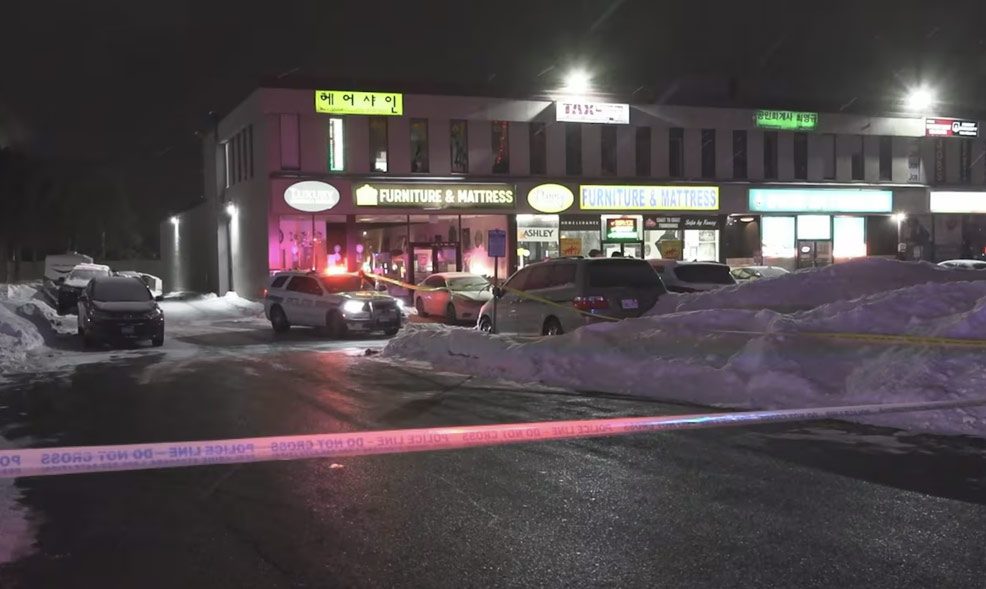Disappearing ATMs, payment limits, natural disasters, blackouts, that is, “Why cash is important” – representatives of the Coalition for Cash discussed this with Members of the meeting of the Parliamentary Group "Yes to Development". CPK — Atom — Ports’ 20 March 2025.
The cash-backed coalition represented:
- Rafał Górski – president of the Institute for civilian Affairs,
- Stanisław Wojtera – founder of the Libertatis Institute,
- Alexander Pawlak – associate of the Management Board of the Polish Organisation of Cash handlers and
- Konrad Hennig – Program manager of Think Tank Forum Right to Development.
About Coalition for Cash Almost everything
The Coalition representatives told the meeting, What the Coalition does And erstwhile it was born. They argued for cash and explained what changes, strengthening the presence of cash, should be made in state institutions and legal acts.
Stanislaw Wojtera of the Libertatis Institute briefly presented the Coalition: – I would like to emphasize that our Coalition is simply a group of people with very different prowess, dealing with various things, but reasoning that the issue of cash concerns us all and unites us all.
Rafał Górski recalled that the Institute of civilian Affairs started “Cash Gun” campaign in 2020, as the first of social organisations. The launch of the run was besides linked to signals from citizens who had cash trading challenges. Meanwhile, the lobby has been active in Poland for more than a decade and is very strong. The most crucial in this group is the Polish Non-cash organization.
Cash circulation problems:
- ATM withdrawal limits,
- liquidation of bank branches,
- reducing the number of ATMs,
- cash payment limits.
Górski besides pointed out surveillance – erstwhile we pay with a card, large corporations, large techs, they collect information about us. Cash gives you privacy.
According to investigation by the Institute for marketplace investigation IBRiS for Radio Zet from 2023, 80% of Poles do not want to liquidate cash. This consequence was besides confirmed by investigation from April 2024 for Virtual Poland. Only 9% of those surveyed would like to control to non-cash transactions.
Górski stressed that it was not about eliminating non-cash turnover, but about giving people the choice of how to pay.
In 2021, following the long efforts of NBP and the president of Poland, the law on the work to accept cash was introduced. Previously, it happened in shops and restaurants that only card payments were accepted. The bill changed that. In 2023, thanks to the citizens' initiative, the thought of setting a limit of PLN 20 1000 for individual cash payments was withdrawn.
Stanisław Wojtera from the Libertatis Institute reminded us that cash helps us keep safe in various situations.
One of the threats is cyber attacks – they may affect banking systems, ATMs and payment cards. There are besides accidents – situations have been reported in Poland erstwhile for an hr or even a day you could not pay by card. The threat is the blackouts – failures of power systems. Another problem is natural disasters – only cash could be utilized in many situations in Poland late affected by the flood. Therefore, for our own safety, we should keep cash in the financial trade.
The coalition recommends that each household should have a cash supply for at least a week in operation, just in case.
– We can callback the pandemic experience and at the beginning of Russian aggression against Ukraine, erstwhile there was a multiple increase in regular cash demand. Poles, even if they like card payments, which is due to previously cited investigation results, are opposed to the liquidation of cash. Cash increases assurance in both the state as a full and the banking strategy for electronic payments. I trust the card, among another things, due to the fact that the cash device is around the corner," noted Aleksander Pawlak from the Polish Organisation of Cash Service Companies.
Pawlak presented a proposal for a first legislative proposal from the Coalition: expanding the limit of cash payments in trade b2b – between companies. presently this limit is PLN 15,000. The advice suggests setting it at EUR 10 000. specified an amount results from regulations to be introduced by the European Union in 2027 or 2028.
The introduction of the limit was justified by invoice fraud. In the face of the announced launch of the National strategy of Electronic Invoices (since 2026 – ed.), the earlier argument seems to be lost in importance. erstwhile the invoices are in the government system, the taxation offices will have no problems with their analysis on an ongoing basis. expanding the limit would besides make life easier for entrepreneurs. They could make further purchases with their money immediately, without having to put them in the bank.
According to Konrad Hennig of the Law for improvement Forum, introducing fresh solutions in place of existing ones is not always about development. Non-banked people without payment cards are excluded from the market, resulting in anti-development activities.
In turn, those who have switched to non-cash payments do not have a stock of cash in their homes and are not immune to safety challenges. Without carrying cash with them all day, they cannot trade directly. erstwhile going on vacation, for example, they cannot halt by the road and buy berries. They cannot buy straight from a farmer who sells his agricultural produce to a farm. They're having problem at the barber shop. We divided the economical turnover into 2 parts, risking any breach.
Meanwhile, in Poland 10% of citizens are unbanked. In addition, cash is besides a relationship, as opposed to, for example, self-service cash registers and the automation of trade in markets.
The Coalition for Cash asked the Prime Minister to address the Ministry of Finance from the Coalition for Non-cash Trading. It considers that the State should be neutral against available payment technologies.
Rafał Górski pointed out that the cash exclusion is akin to the transport exclusion: we are dealing with "banknote deserts". These are increasing areas where people do not have access to ATMs, analogous to transport, where we talk about "communication deserts".
As an epicentre of the “cash war”, the Coalition cited the situation related to the Polish Post, which is simply a key actor in the cash trade. little Polish Post Offices means greater exclusion in cash. Polish Post Office takes place in the state safety system. He plays a crucial function in cash convoys, among others.
After presentation of the arguments and position of the Coalition for Cash, the discussion began. Questions were raised from the another participants.
Why are ATMs being liquidated?
The first question was "bank-bank empty". With the bare eye, the number of ATMs in large cities and tiny towns is decreasing. It was asked whether the Coalition had statistic on this and whether it saw any countermeasures. The second problem has been mentioned with ATM withdrawal limits.
In response, it was noted that these 2 problems are linked. In the ATM marketplace in Poland we have 2 private operators, liable for about 70% of the market: Euronet and IT Card with the Planet Cash ATM brand. There are besides own networks of banks PKO BP and Pekao S.A. Plus ATMs of cooperative banks and others in a tiny number.
From the position of the bank, cash withdrawals are at a cost. For banks, it's convenient erstwhile the money's in the account and we never pull it out. In order to optimise the costs, banks order a payout service mainly to the 2 largest companies mentioned above. It's a global trend that ATM networks are uniting.
Where do limits come from? What results from the disappearance of ATMs? From the profitability of a single ATM. Operators put them for profit. It's a private marketplace that has to make money.
The ATM operator receives for 1 payment between 1zł 30 gr and 1zł 50 gr – this is simply a stiff commission for 10 years. At the same time, the cost of convoying money, the expanding safety of ATMs, increases.
The reasons for the disappearance of ATMs are related to their decreasing profitability. If the bank charges the client an ATM fee of 5 PLN, for the operator is PLN 30 gr and the remainder goes to the bank. possibly a solution would be to reduce the margin of the bank.
What is the consequence of the payment limits? It's the decision of the ATM operator. If you pay 1zł 30 gr, then the operators want us to make as many tiny payouts as possible. The threshold of profitability is 200-300 PLN, if we pay 800 PLN, the operator does not earn.
Cash and limits
One question afraid the limits of cash transactions: The coalition will request that they be raised.
As argued, we do not draw PLN 35,000 to buy a car with cash. Nobody does not settle transactions in cash at this level: whether it will be PLN 15,000 or EUR 10,000. Unless we want to hide the cash flow. Is this request peculiarly needed?
– Just due to the fact that we do something rarely, does not mean that we gotta ban it," said Aleksander Pawlak. There's no evidence of a correlation between the grey region and cash. It is simply a story that non-cash payments are always ‘clean’, and is simply a story that cash is linked to the grey zone.
We live surrounded by these myths due to any patterns that have emerged with the digitisation of economical trade.
Following the lead of non-cash payments, we have an expanding number of frauds, we are talking about illegal online casinos, about the not entirely regulated economical trade by Chinese online trading platforms. It doesn't substance if we're paying with a card or close. It all happens without cash. Pavlak offered to keep restraint in specified rigid categorization.
At the minute there is no cash payment limit for individuals in Poland. With respect to amounts above €10 000, regulation is introduced to counter money laundering and terrorist financing. They are right and should stay in power. Thanks to them, if we buy a car for 30,000 euros and pay for it in cash, the state will have full insight into this transaction. The General Inspector of Financial Information will have confirmation of the transaction. There is no anonymization component here. On the another hand, the EUR 10 000 turnover limit b2b is simply a reasonable limit that can be introduced in the face of EU regulation. specified transactions can be linked to the National registry of Electronic Invoices.
– Does the Coalition have investigation results from respective or respective years on how the trend of paying or depositing cash from ATMs continued, i.e. this cash trade not between people but with the banking system? – asked Dariusz Wieczorek from fresh Left.
The coalition does not have specified statistics, but the NBP prepares them. They are available and can be monitored.
As far as payment preferences are concerned, a number of studies show that about 1⁄3 Poles like cash payments, more than half non-cash payments, the remainder have no opinion or indicate both methods.
The band's chairman, Marcin Horala (PiS), besides asked about the NBP's position towards cash. Rafał Górski explained that Coalition is working on making contact with NBP on this issue. NBP President, Adam Glapiński, supports the preservation of cash in trade and understands all the issues mentioned at the meeting. In his statements, he defends cash.
– Why ATM withdrawals utilized to pay off to operators, and now they stopped – Horala continued to wonder.
According to the NBP investigation from the position of the store, the cost of cash transactions is on the same level as this 1 made by card or BLIK. What are these costs? erstwhile we talk about the cost of card payments, we talk about the commission charged by the card organization, the service provider, and erstwhile we talk about cash payments, there is simply a convoy involved, logistics. ATMs began to pay little due to a fixed commission of 1zł 30 gr. During this time, the equipment was implemented, the convoy rates went up, better and more costly anti-attack safeguards were created, the coalitions explained.
Entrepreneurs and trade and cash
Dorota Arcziewska-Mielewczyk (PiS) took an interest in business issues: – I would like to know opinions, comments of entrepreneurs by small, large and medium-sized – what are their demands?
The MP stressed that cash restrictions exclude people from 1940, 1945 or 1950 from social activity and that is unfair. Social elements were rejected, which are besides crucial in politics and the economy.
The Coalition consists of 2 business associations – the Polish economical Society, the Association of Entrepreneurs and Employers – and the Trade Union “Solidarity”. These entities organize events promoting cash, for example the legislature of Monetary Sovereignty. Lesser entrepreneurs inactive see the benefits, the sense and the cost-effectiveness of cash trading and supporting it, explains Konrad Hennig.
To keep a cash turnover, it must be common, due to the fact that then it will be cheap. It's about utilizing cash all day.
We see what is happening in Sweden and Norway, where cash is being turned on, which is supported by public institutions and economical organisations. specified action results in expanding the cost of trading in cash for citizens, and as a consequence economics prompts them to quit cash – we would not like to experience it in Poland. Hence our presence in the Sejm to look for equal opportunities solutions, Hennig continued.
How to make cash attractive? Rounding up the bills. The thought was presented by Aleksander Pawlak. If we're talking about bigger entrepreneurs, let's remember that even 10 years ago, in large-net shops, you couldn't pay by card. There were ATMs, but there were no payment terminals due to the fact that they weren't paying off. Why did they start paying off?
EU regulations have been introduced to reduce card fees, offset the costs of utilizing cash and card fees. Hence, cards and payment terminals appeared everywhere. Stores care about card handling in the name of handling more customers.
In order to increase the competitiveness of cash there is simply a request to let the store to circular up the amounts of bills to 10 gr, according to mathematical rules (0-4 gr down, 5-9 gr up – at. ed.). How does the Coalition justify this? In Italy, and shortly in Lithuania, specified regulations have already entered into or will enter into force. Coins 1 gr, 2 gr and 5 gr do not have much payment use. According to NBP statistics, specified a coin is utilized twice after its issue. It's a cost to the NBP. It is besides a crucial cost from the position of shops – specified a ticket must be ordered, paid commission, paid convoy. Rounding up bills would be a crucial pro-cash movement.
Ms Evening curious the issue of informing the public about cash: – Is there an information run that strengthens people's awareness of why cash should be traded?
– Unfortunately, the information function is negligible in comparison with what companies are doing with non-cash trading in Poland, especially banks, but besides payment operators," said Rafał Górski.
– The Institute of civilian Affairs as a public benefit organisation has the anticipation to issue free of charge spots on public television. We've prepared The spot, which encouraged Polish and Polish to usage cash, promoted cash turnover. The Commission in TVP has accused us that there is no cash-free turnover in the spot. We got a advice to improve the spot.
We've been looking at spots promoting non-cash turnover. There was besides no presentation of the another side, or cash turnover. TVP stepped down before specified an argument. The place was aired. But you are right, the information action is insufficient,” concluded the president of the Institute of civilian Affairs.


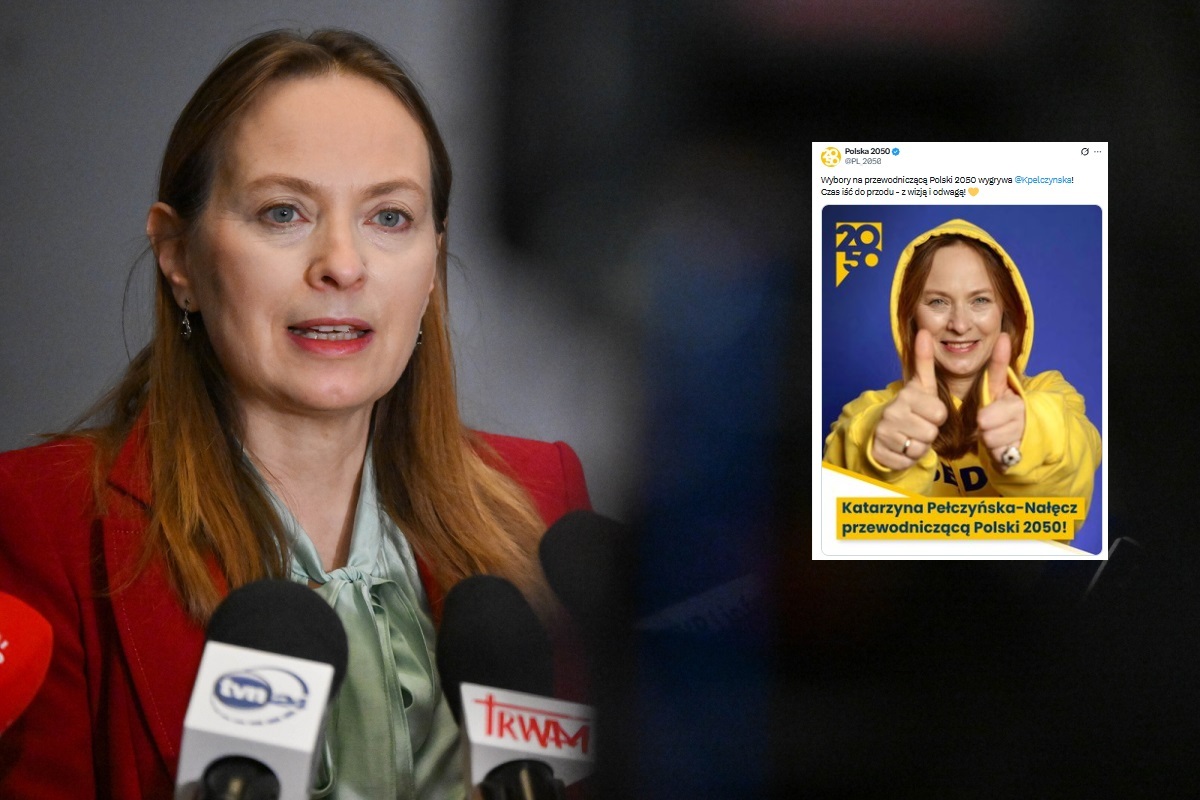
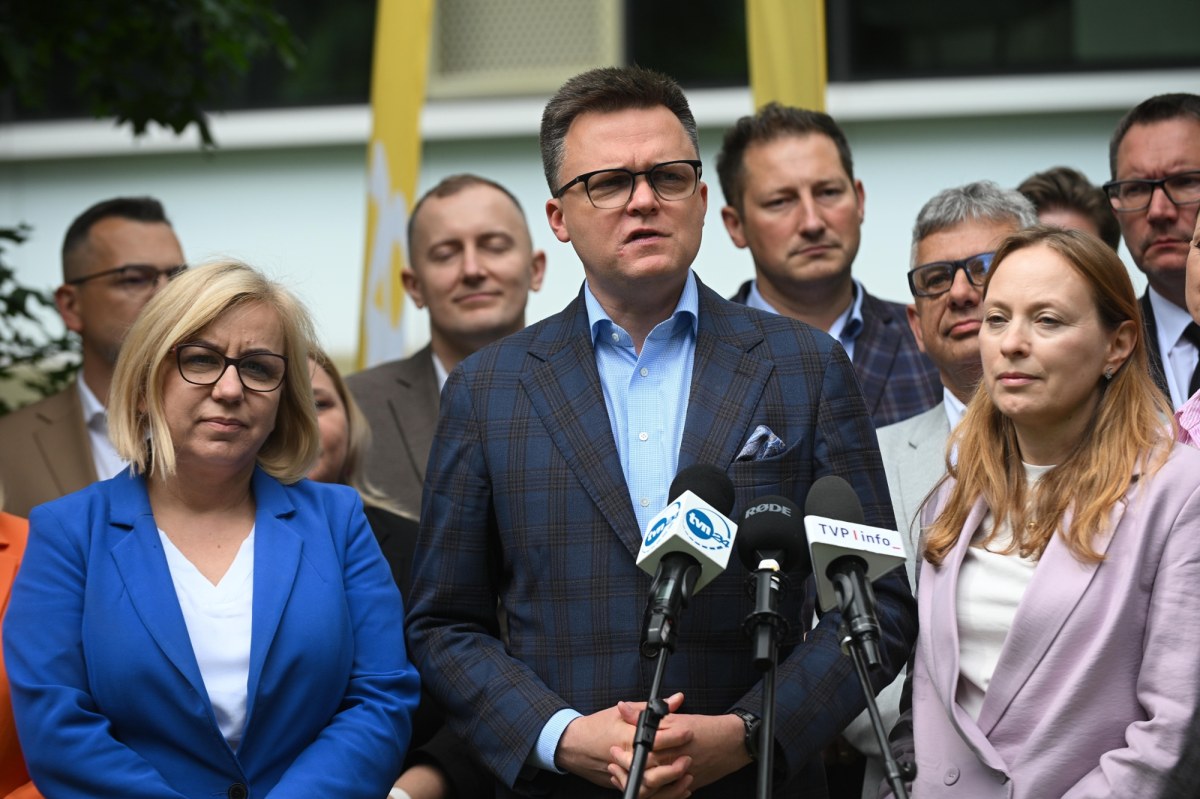
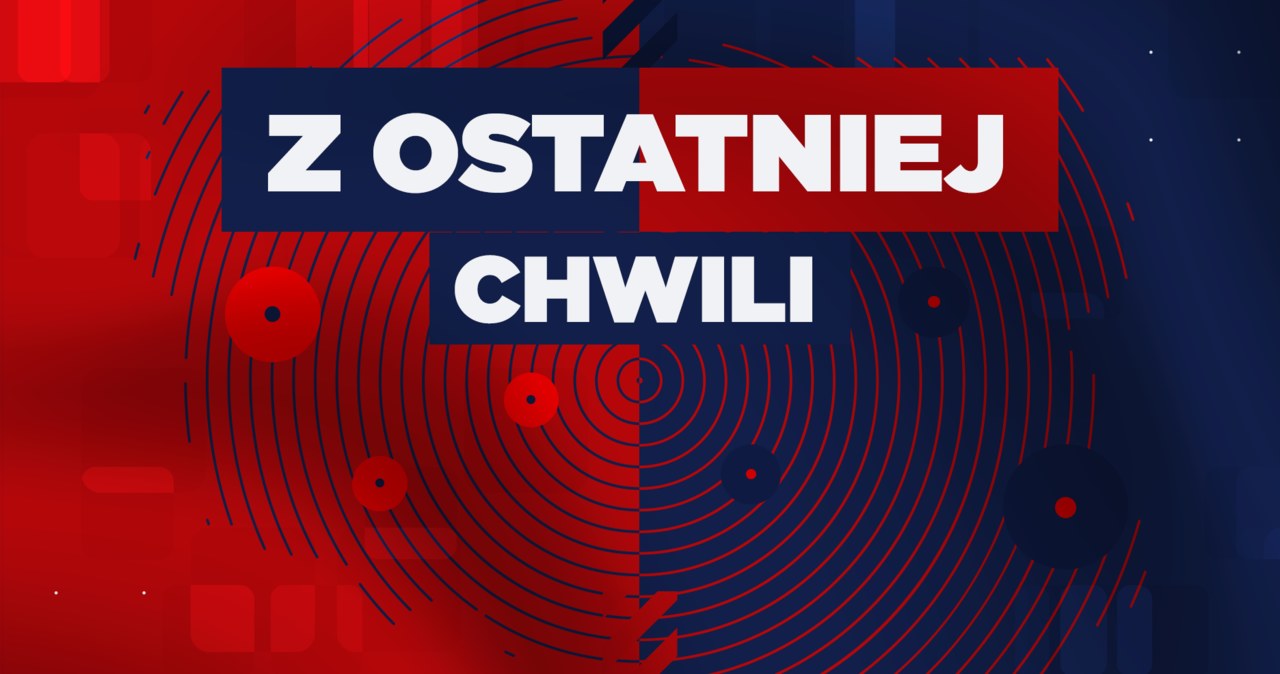

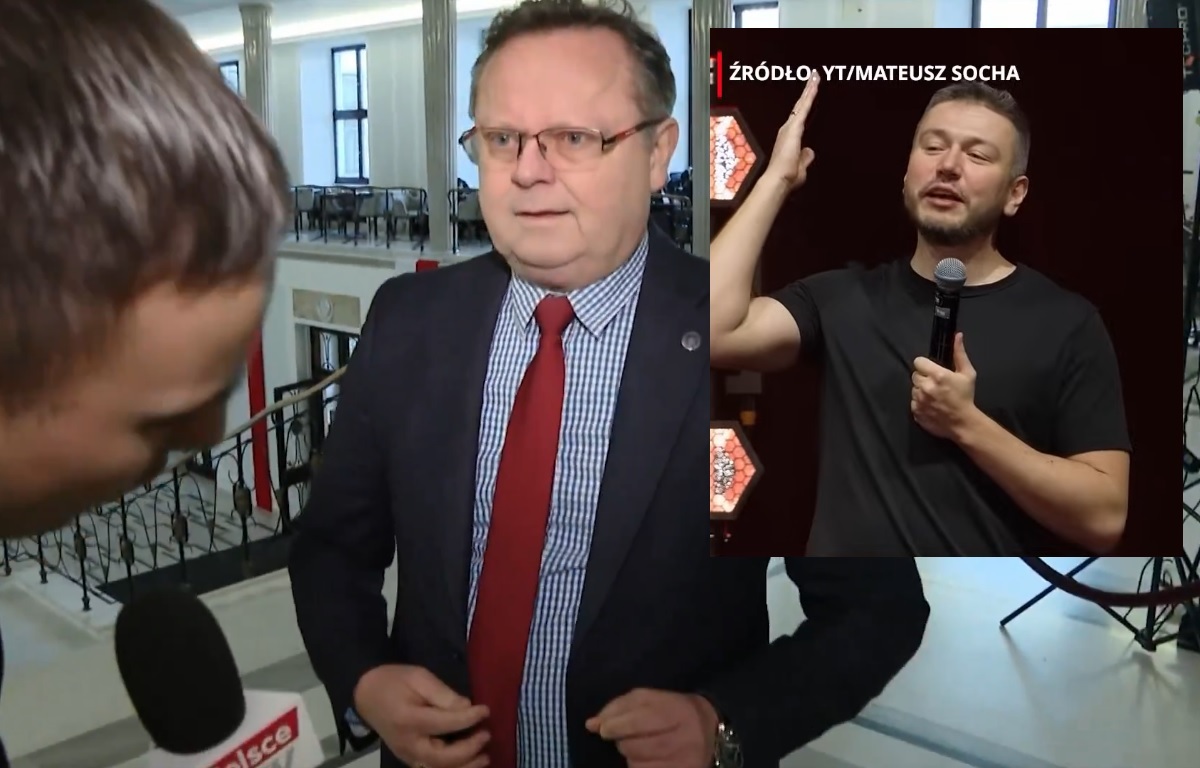
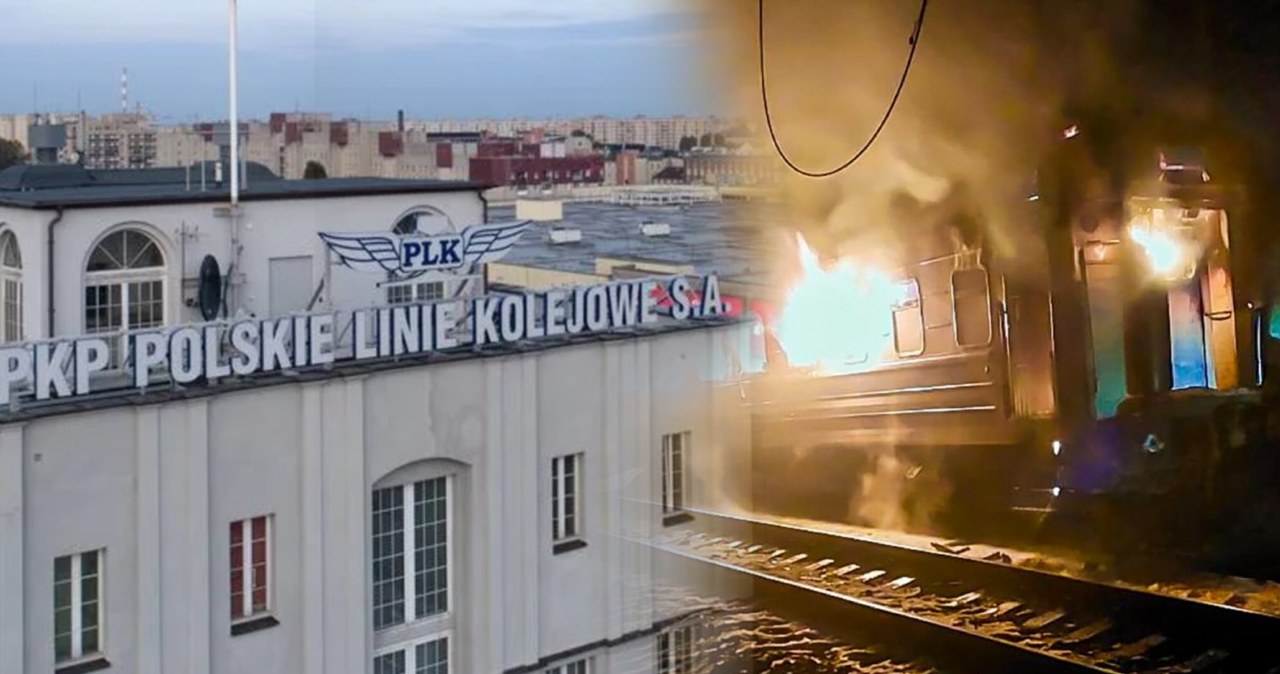




![Protest w Gaju. W niedzielę utrudnienia na zakopiance [OBJAZDY]](https://cowkrakowie.pl/wp-content/uploads/2025/12/policja3.jpg)
